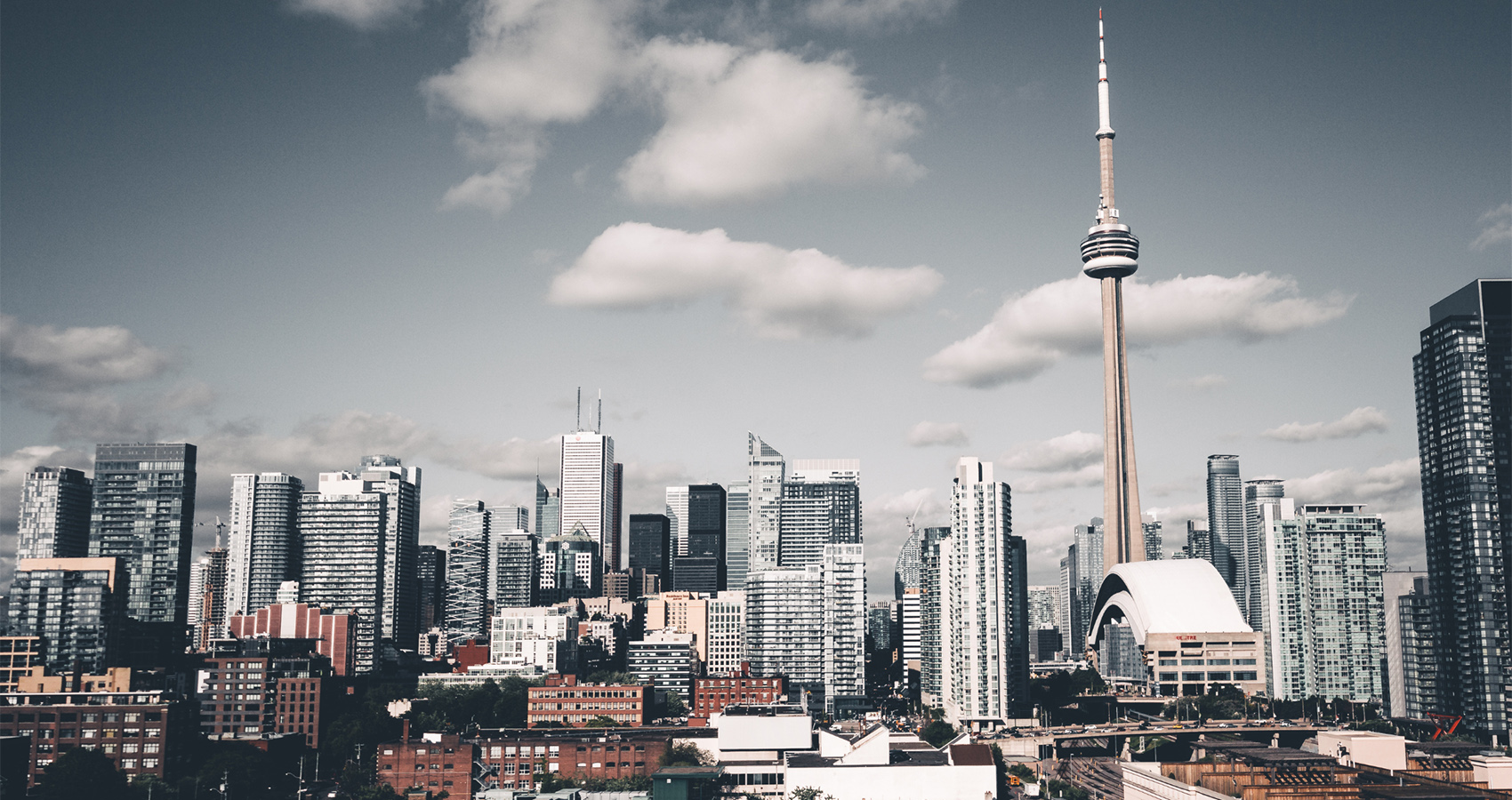
March 21, 2025
Purchasing a home is one of the biggest financial decisions many Canadians will make in their lifetime. While the sticker price of a home is the most visible cost, homeownership comes with several additional expenses that buyers should be prepared for. Understanding the full financial picture can help homebuyers budget effectively and avoid surprises down the road.
Before you even get the keys to your new home, there are several one-time expenses you’ll need to account for:
In Canada, the minimum down payment depends on the home’s purchase price:
If your down payment is less than 20%, you’ll also need to pay for mortgage loan insurance through the Canada Mortgage and Housing Corporation (CMHC) or private insurers.
This tax varies by province and municipality. In Ontario, for example, homebuyers pay a land transfer tax based on a percentage of the purchase price. Toronto buyers must also pay an additional Municipal Land Transfer Tax (MLTT). First-time homebuyers may qualify for rebates.
These include:
A home inspection (typically $300–$600) helps identify potential issues before purchasing. Lenders may also require a professional appraisal ($300–$500) to confirm the home's market value.
Once you own your home, there are recurring expenses beyond your mortgage payments:
Municipal property taxes vary based on location and property value. Rates range from 0.5% to 2.5% of a home’s assessed value per year.
Home insurance is required by mortgage lenders and protects against damage or liability. The cost depends on the home’s location, size, and coverage level, typically ranging from $800 to $2,500 per year.
Homeowners pay for electricity, water, heating, and internet. The average monthly cost varies by province but can range from $250 to $500 per month.
If you purchase a condominium, you’ll need to budget for monthly condo fees, which cover building maintenance, security, and amenities. These fees can range from $200 to over $1,000 per month, depending on the building and services included.
Unlike renting, homeowners are responsible for all repairs and upkeep. Experts recommend setting aside 1% to 3% of the home’s value per year for maintenance and unexpected repairs.
Even with a fixed-rate mortgage, interest costs can add up over time. The total interest paid depends on the loan amount, interest rate, and amortization period.
New homeowners often invest in renovations, such as kitchen upgrades, new flooring, or landscaping. These can be planned expenses or unexpected costs if repairs are needed.
Owning a home in Canada is a rewarding investment, but it’s crucial to consider all associated costs beyond the purchase price. By planning ahead and budgeting for both upfront and ongoing expenses, buyers can make informed decisions and enjoy homeownership without financial stress.